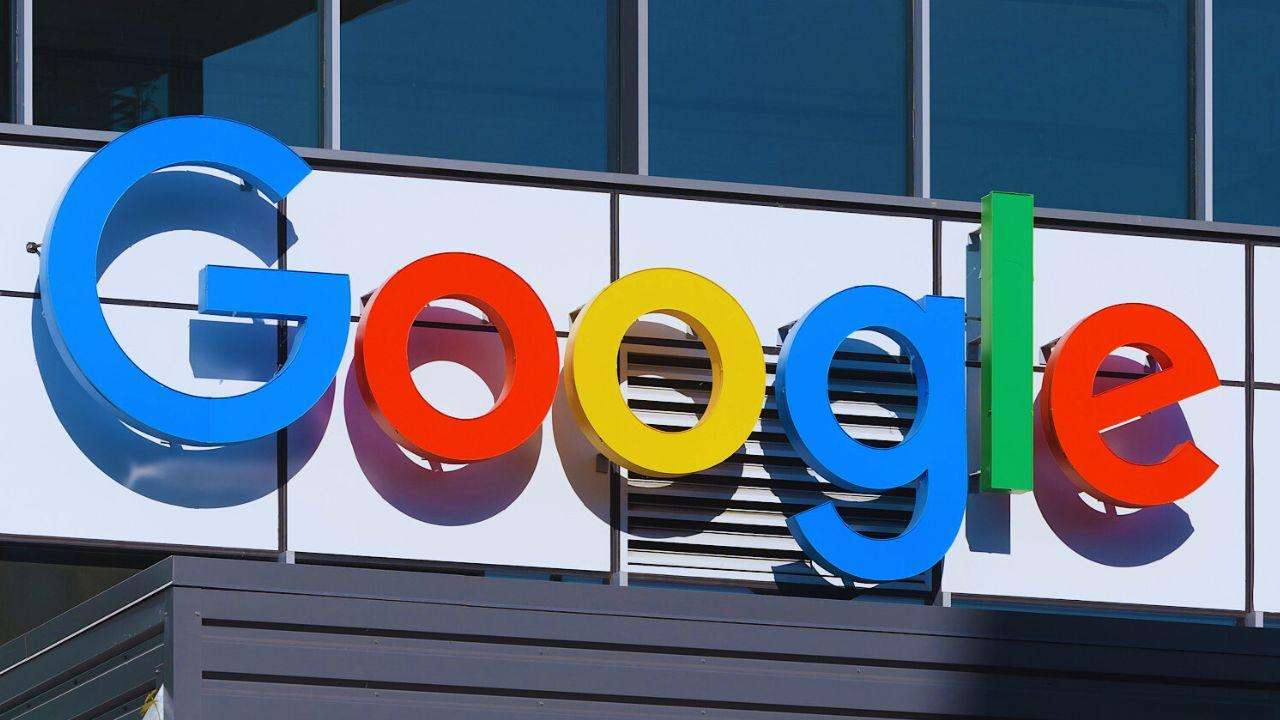Euronews Next examines the several antitrust cases that Google has been involved in.
The internet giant is the target of a fresh antitrust inquiry that was started in the UK at the beginning of 2025.
If Google has a sizable market share in the search engine and search advertising industries, the UK's Competition and Market Authority (CMA) will determine this and the implications for advertisers, consumers, news publishers, and other search engines.
“It’s our job to ensure people get the full benefit of choice and innovation in search services and get a fair deal,” Sarah Cardell, the CMA’s chief executive, said in astatement last week.
The CMA says that Google accounts for more than 90 per cent of all search queries and that more than 200,000 UK companies post advertisements on the company’s search bar.
New legislation in the UK, called the Digital Markets, Competition and Consumers Act (DMCC), gives the CMA new enforcement powers to investigate and enforce infringements of consumer protection laws.
It’s not the first time the tech giant has had to stand up to a legal process that could unravel its business practices.
We look at the other competition cases that Google has dealt with in recent years.
The possible breakup of Google in the US
In 2024, US District Judge Amit Mehta ruled that Google had illegally monopolised search, ending a court action that took almost four years.
In the decision, Mehta pointed out that because Google has secured agreements to be the default search engine for web browsers, it receives more advertising dollars than its competitors.
The ruling determined that these agreements “are exclusive and have anti-competitive effects,” without Google justifying the need for them.
It also meant that Google charged “supra-competitive” prices for general search text ads on their web browser.
“Google is a monopolist, and it has acted as one to maintain its monopoly,” Mehta’s August decision reads.
In November, the US Department of Justice (DOJ) filed a 23-page document about the first Google antitrust case, calling for sweeping punishments that would include a sale of Google’s Chrome browser and impose restrictions on Android from favouring its search engine.
A sale of Chrome “will permanently stop Google’s control of this critical search access point and allow rival search engines the ability to access the browser that for many users is a gateway to the internet,” Justice Department lawyers argued in their filing, according to theAP.
Google called the later filing by the Department of Justice “a radical interventionist agenda that would harm Americans and America’s global technology leadership,” according to a blogpost.
If Mehta decides to go with the government’s recommendations, Google will be forced to sell its Chrome browser within six months of the final ruling, according to theAP.
A second antitrust trial started against Google in September, where a federal judge heard arguments over whether the company illegally monopolised the digital advertising industry.
Judge Leonie Brinkema was supposed to issue her decision before the end of2024.**
Over a decade of antitrust investigations in Europe
The EU has launched and charged Google with various antitrust violations in the last decade, the first of which in 2010 investigated the company’s search enginedominance.
By 2013, the European Commissionfound that Google violated EU antitrust laws by giving preferentialtreatment to Google Shopping, in search results. The company wasordered to pay a €2.42 billion fine four years later.
Google failed its initial challenge before the EU’s General Court, so it brought the case to the EU Court of Justice, which ruled in September to uphold the fine.
"In the light of the characteristics of the market and the specific circumstances of the case, Google’s conduct was discriminatory and did not fall within the scope of competition on the merits," judges said at the time.
While the Commission won that fight, the EU’s higher court did repeal one of the fines it issued to Google. On September 18, 2024, the EU’s General Courtoverturned the €1.49 billion fine imposed on Alphabet, Google’s parent company, in 2019 for what the Commissiondescribed as “abusive practices in online advertising”.
The EU has also investigated Google’s approach to its Android operating system after several complaints were lodged about how their phones made it difficult for Google Play alternatives to be installed. The decision, written in 2018, fined Google a record of almost €5billion.
In 2023, the EU’s Digital Markets Act (DMA) also entered into force. It designates certain large online platforms as “gatekeepers” if they have had a strong impact on the internal market for a long period of time.
Google's parent company Alphabet was one of the first six gatekeepers designated by the EU Commission, meaning it faces obligations to ensure fair competition under the law.








.svg)




